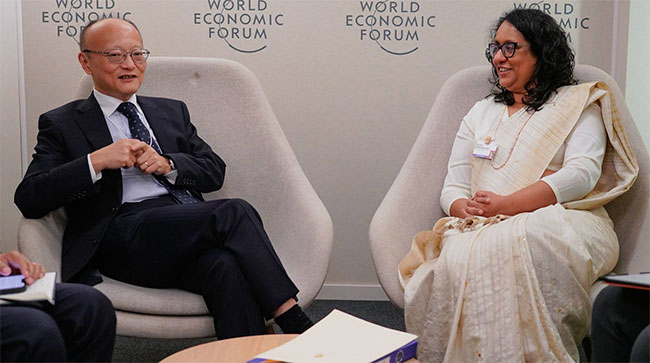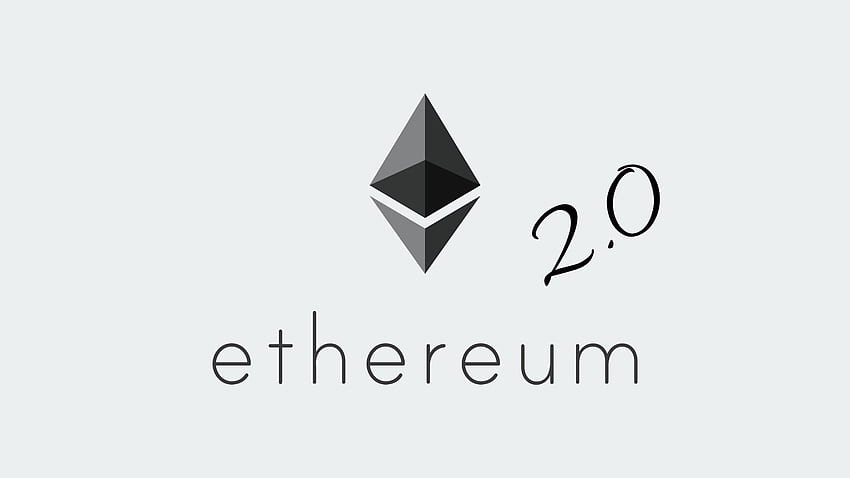Further, Sebi said that principles of stewardship code would apply to members, nominated by the unitholders, on the board of directors of investment managers of REIT.
Amending rules for REITs, Sebi said, “Unitholders holding not less than 10 per cent of the total outstanding units of the REIT, either individually or collectively, shall be entitled to nominate one director on the board of directors of the manager.”
This would ensure pro-rata rights to all unitholders.
Further, the director so nominated would recuse from voting on any transaction in which such nominee director or the unitholder who nominated such nominee director is a party, Sebi said in a notification on Thursday.
Over the years, retail investors’ interest in InvITs and REITs has been increasing and the current regulatory framework does not explicitly provide for unitholders to have a say in the decisions made by the investment managers of these funds. However, big investors in such trusts often have a say in investment decisions by nominating a director on the board of the investment manager.
Welcoming the guidelines, Sandeep Jain, CFO of NDR InvIT Managers, said that it would go a long way both in building investor confidence and aiding the development of both capital markets, and the economy. “As for sponsors on minimum unit holding requirements, it is good, as it sends a positive signal to the market, we are not ready as yet for self-sponsored InvITs/REITs,” he added.
In a bid to ensure continued alignment of interests during the life of the investment vehicle, Sebi said that sponsor of InvIT/ REIT would be required to hold a certain minimum unitholding on a reducing scale for the entire life of the InvIT/ REIT.
Further, the mandatory minimum unitholding would be locked-in and unencumbered.
Going by the notification, the sponsor will collectively hold at least 15 per cent of the total units of the REIT, for three years from the date of listing of units in the initial offer.
It further said that any holding by the sponsor exceeding 15 per cent will be held for at least one year from the date of listing of units issued in the initial offer.
To create an opportunity for mature, independent and professionally managed investment managers to emerge, and to provide an additional exit option for the sponsor of REIT, Sebi introduced the concept of self-sponsored investment manager.
Also, the regulator has listed out some of the key conditions for conversion of investment to self-sponsored investment manager. Those conditions include the REIT to have been listed for at least 5 years, at least one of the sponsor(s) proposing to disassociate to have been a sponsor of the REIT for a minimum period of five years and investment manager meet the net worth criteria of a sponsor.
Post conversion, the minimum unitholding requirement applicable to the sponsor should be complied with and the existing sponsor or its associate should not own or control the investment manager.
On the stewardship code, Sebi said that any unitholder holding at least 10 per cent of the total outstanding units of the REIT must act in the best interests of the REIT and its unitholders as a whole. They should formulate a comprehensive policy on the discharge of their stewardship responsibilities, review and update the same periodically.
Additionally, they should have a policy to manage issues of conflict of interest while fulfilling their stewardship responsibilities; periodically monitor the REIT and its investee entities — HoldCo and SPV — and need to have a policy on voting.
REITs were introduced in India to provide investors with an opportunity to gain exposure to real estate projects with diversification of risks through pooling arrangements. Generally, REITs invest majorly in completed and rent-generating real estate assets.













